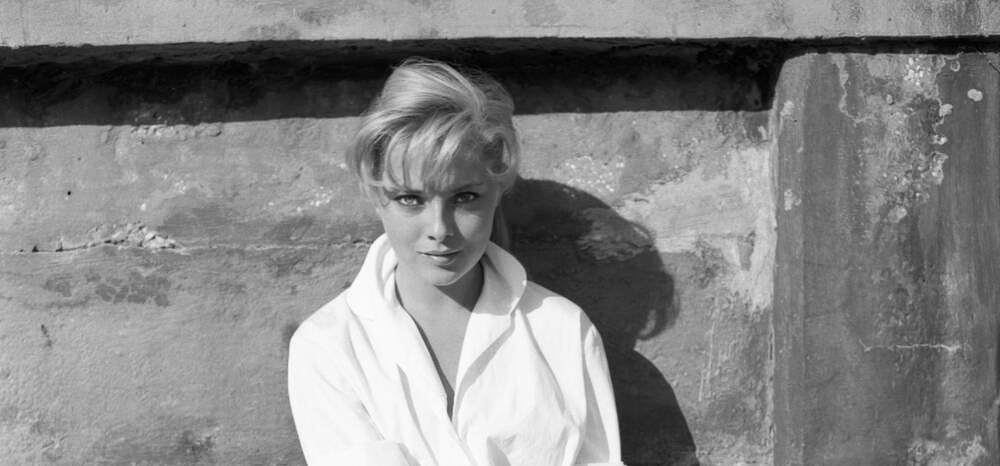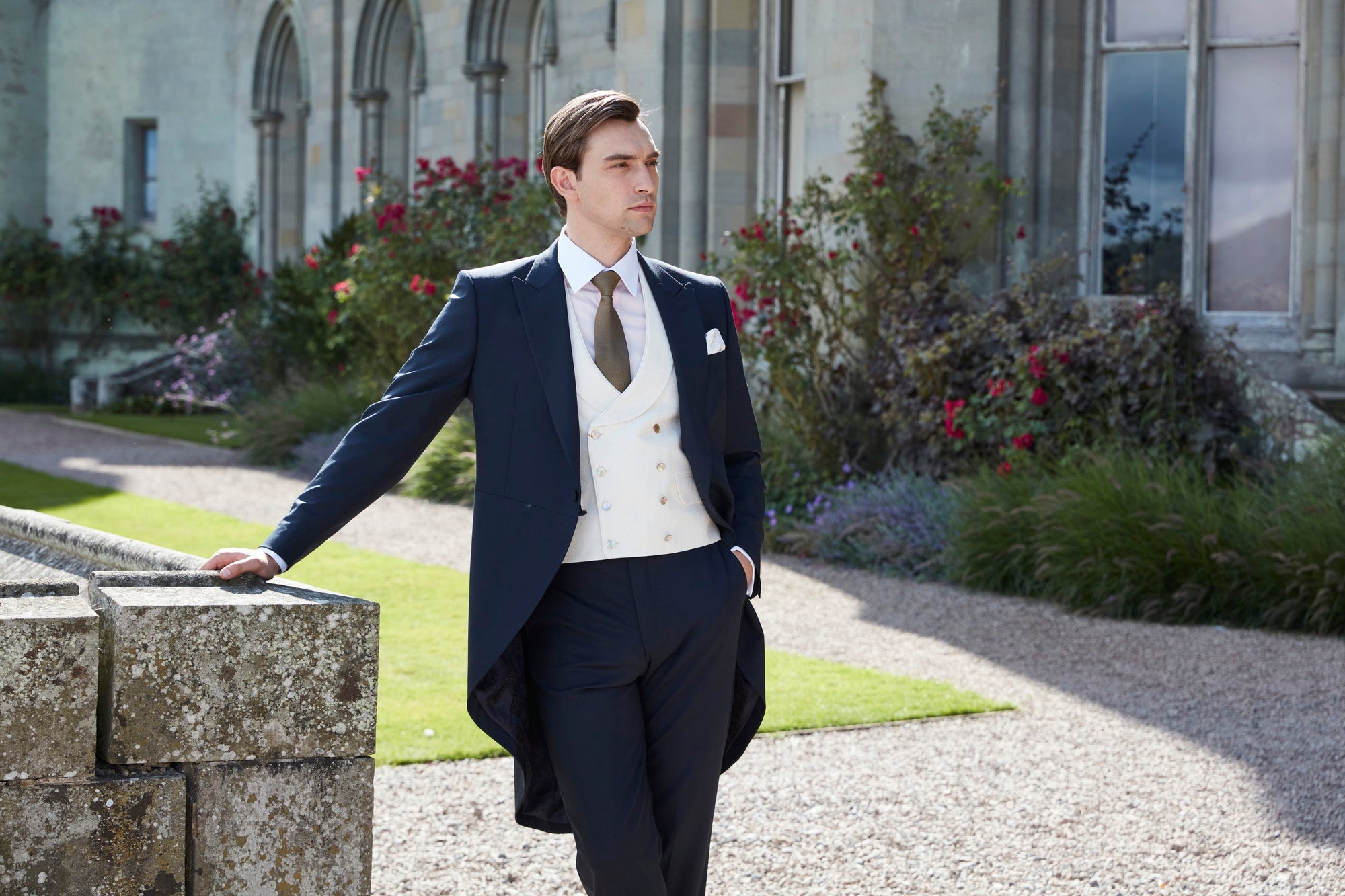Italy has gifted the world not only with captivating cinema but also with an array of incredibly stylish actresses whose elegance and fashion sense have left an indelible mark on the entertainment industry. From the golden era of the 20th century to the modern-day big screen, these women have mesmerised audiences both with their acting prowess and style, on-screen and off.
Ornella Muti

Ornella Muti graced the screen with her enchanting presence. Her collaborations with prominent directors like Federico Fellini, Marco Ferreri, and Lina Wertmüller solidified her reputation as a highly respected actress. In films like "Flash Gordon" (1980), Muti's character Princess Aura was adorned in lavish and intricately designed costumes, showcasing her magnetic charisma and glamorous style. Her off-screen fashion statements were notable for figure-flattering dresses and daring cuts.
Monica Bellucci

Monica Bellucci started modelling to pay her way through a law degree but she soon realised that her true calling was not in the legal profession. Her breakout performance came in Giuseppe Tornatore's acclaimed film "Malèna" (2000), where she portrayed the titular character, captivating audiences with her poignant portrayal of a young woman amidst World War II. Her filmography boasts an array of diverse roles, spanning from dramas to action-packed blockbusters. She graced the screens in movies like "Irreversible" (2002), where she fearlessly delved into the complexities of a tragic storyline, displaying her ability to portray intense and emotionally charged characters.
Known for her penchant for figure-hugging gowns and bold choices, she has been a muse for several high-profile designers, embodying the essence of Italian glamour. Her red carpet looks over the years have solidified Bellucci's reputation as a class act when it comes to daring event dressing.
Claudia Cardinale

Claudia Cardinale, with her effervescent charm and striking beauty, became an international symbol of Italian style. Cardinale's breakthrough came in the late 1950s and early 1960s when she starred in a string of acclaimed films such as "Rocco and His Brothers" (1960) directed by Luchino Visconti, and Federico Fellini's "8½" (1963), where she portrayed diverse characters with depth and charisma. Cardinale’s off-screen elegance was marked by her love for bold colors and daring designs, setting trends with her confident and sophisticated fashion choices.
Valentina Cortese

Valentina Cortese, known for her remarkable performances in Italian cinema. One of her most notable roles came in Federico Fellini's masterpiece, "Juliet of the Spirits" (1965), where she portrayed Suzy, earning her an Academy Award nomination for Best Supporting Actress. Her collaboration with renowned directors like Luchino Visconti, Michelangelo Antonioni, and François Truffaut further solidified her reputation as a remarkable talent in the film industry.
In the film "The Barefoot Contessa" (1954), Cortese portrayed a glamorous actress and adorned herself in elegant gowns and extravagant jewellery, embodying the epitome of Hollywood glamour. Off-screen, she was known for her sophisticated yet understated fashion choices, often opting for chic tailored ensembles that accentuated her timeless elegance.
Virna Lisi

Virna Lisi, known for her sophistication and grace, captivated audiences with her remarkable performances and impeccable style. Her breakthrough came with the movie "La Donna del Giorno" (The Woman of the Day) in 1957, where she showcased her acting finesse, earning critical acclaim and marking the inception of a remarkable career. Her collaboration with esteemed directors such as Mario Monicelli and Luigi Comencini further solidified her standing in the film industry. Notable performances include her roles in "La Reine Margot" (Queen Margot), where she portrayed Catherine de' Medici, earning her a Cannes Film Festival award for Best Actress in 1994.
Lisi's career was not confined to Italian cinema; she transcended borders, making a mark in Hollywood as well. Her appearances in Hollywood productions like "How to Murder Your Wife" alongside Jack Lemmon, and "Not with My Wife, You Don't!" opposite Tony Curtis, showcased her versatility and ability to adapt to different cinematic landscapes.
Beyond her undeniable talent, Lisi's elegance made her an iconic figure both on and off the screen. In the movie "How to Murder Your Wife" (1965), Lisi portrayed a glamorous model dressed in chic and trendy outfits that epitomised the mod fashion of the era. Her off-screen style was marked by her preference for sleek silhouettes and bold patterns, showcasing her innate sense of style and sophistication.












